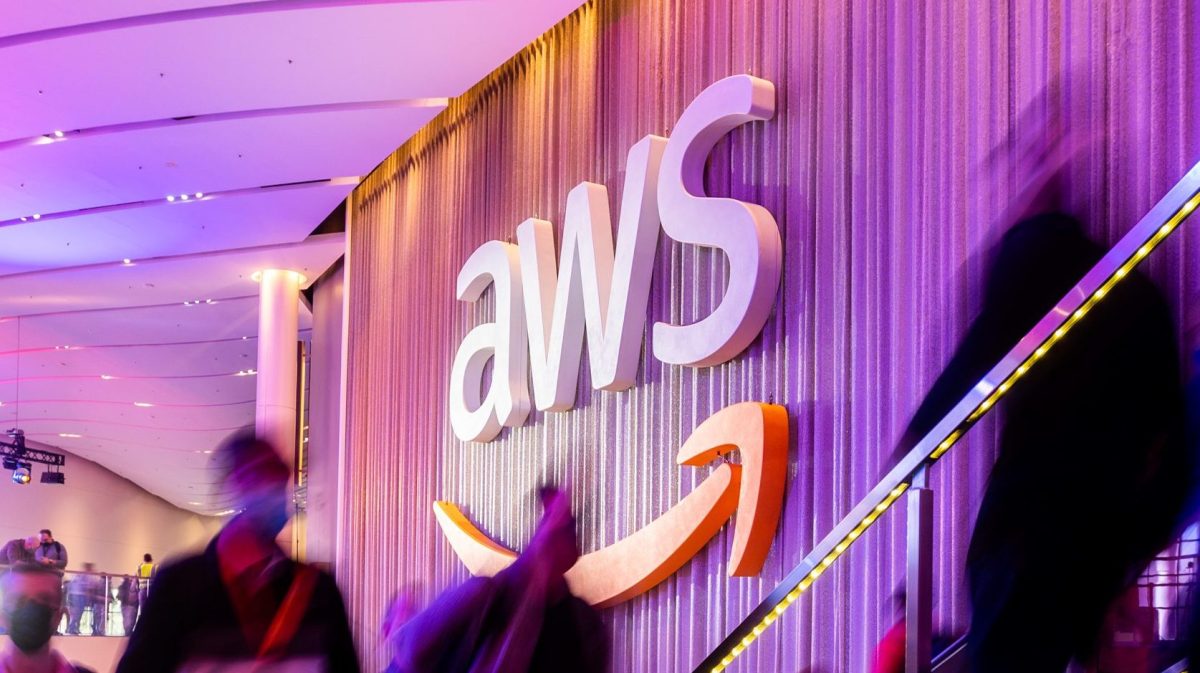There’s an AI chip battle brewing among the major cloud vendors. Google’s Trillium, a custom chip for training and running AI models, recently entered preview, and Microsoft’s Maia is expected to follow in short order.
Not to be outdone, Amazon Web Services has AI chips, too: Trainium, Inferentia, and Graviton. In an effort to draw attention to Trainium in particular, the company is launching a new grant program for AI research.
Called Build on Trainium, the new program will award $110 million total to institutions, scientists, and students researching AI. AWS will give up to $11 million each in Trainium credits to universities with which it has strategic partnerships, along with individual grants up to $500,000 to the broader AI research community.
AWS also says that it’s establishing a “research cluster” of up to 40,000 Trainium chips research teams and students can access through self-managed reservations.
Gadi Hutt, senior director at AWS’ Annapurna Labs, a chipmaking firm AWS acquired in 2015, said that Build on Trainium is intended to furnish researchers with the hardware support they need to pursue their work. Grant participants will also be connected with Trainium educational resources and enablement programs, Hutt added.
“AI academic research today is severely bottlenecked by a lack of resources and, as such, the academic sector is falling behind quickly,” Hutt said. “With Build on Trainium, AWS is investing in a new wave of AI research guided by leading AI research in universities that will advance the state of generative AI applications, libraries, and optimizations.”
Indeed, academics in the AI field lack the considerable infrastructure tech giants have at their disposal. Meta, for example, has procured well over 100,000 AI chips to develop its flagship models. In contrast, Stanford’s Natural Language Processing Group has 68 GPUs for all of its work.
But not everyone believes that AWS will be a benevolent sponsor.
“This feels like an effort on generalizing a corruption of academic research funding,” Os Keyes, a PhD candidate at the University of Washington who studies the ethical impact of emerging technologies, told TechCrunch.
With Build on Trainium, AWS will have the final say on which projects receive grants. The selection process is opaque; Hutt would only say AWS will allocate funds “based on research merit and needs” and “evaluate program success and outcomes.”
An AWS spokesperson later clarified that a committee of “AI and application practitioners” will review proposals and select “the most impactful and promising projects that will help advance machine learning science forward.”
There’s evidence suggesting corporate-backed AI research tends to favor work with commercial applications over other areas of study. In a recent paper, researchers found that leading AI firms have significantly lower output for research critically examining AI’s ethical implications compared to conventional studies. Moreover, the “responsible” AI research big firms do is narrower in scope, according to the co-authors, and lacks diversity in the topics addressed.
Researchers have pushed for legal and technical protections to scrutinize AI without fear that vendors will suspend their accounts or threaten legal action.
Build with Trainium is advertising for, well, Trainium. But is AWS’ other angle trying to woo researchers to its platform? I asked whether grant recipients will be “locked in” to the AWS ecosystem or Trainium if they accept an award. Hutt said they won’t, and that the only requirements they’ll have to meet are publishing a paper and “open sourcing” their work on GitHub under a permissive license.
“There is no contractual lock that makes universities exclusive technology partners,” he said. “What we ask in return is that the outcomes of the research will be open sourced for the benefit of the community.”
In any event, it’s not clear Build with Trainium will do much to bridge the gap between AI academia and industry.
In 2021, U.S. government agencies, aside from the Department of Defense, allocated $1.5 billion for academic funding for AI research. That same year, AI industry worldwide spent more than $340 billion overall (not just for research).
Nearly 70% of people with PhDs in AI end up in private industry, lured not only by competitive salaries but access to essential compute and data (and the means to process it). In recent years, companies have ramped up their poaching of faculty AI researchers, and set aside larger grants for PhD students performing research.
The end result? The largest AI models developed in any given year now come from industry more than 90% of the time, while the number of AI papers published with industry co-authors has nearly doubled since 2000.
Policymakers have taken some steps to address the academia-industry funding gap. Last year, the National Science Foundation announced a $140 million investment to launch seven university-led National AI Research Institutes to examine how AI could mitigate the effects of climate change and improve education. Elsewhere, efforts are underway to establish the U.S. National AI Research Resource, a $2.6 billion initiative that’d provide AI researchers and students with access to computational resources and datasets.
But they’re still small time compared to corporate programs. And there’s little reason to think that the status quo will change anytime soon.




Leave a Reply